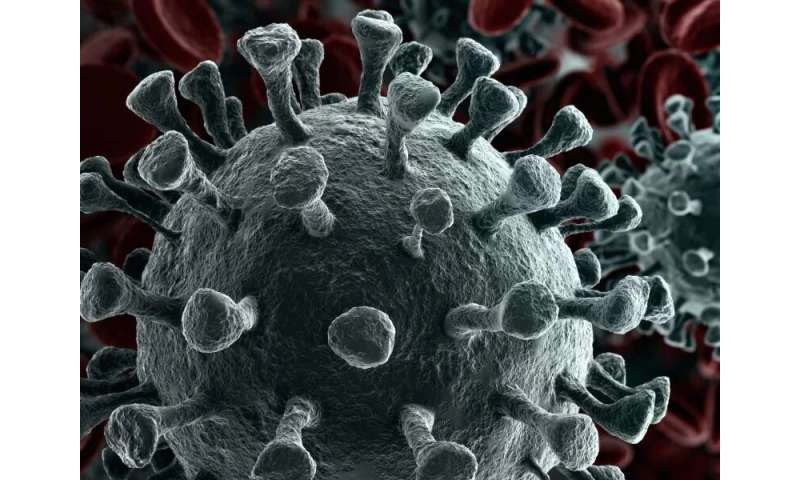
(HealthDay)—The first community-acquired case of COVID-19 in the United States posed many questions for doctors, but the answers they found led to key changes in federal guidelines for coronavirus testing, according to a case study.
The patient was an otherwise healthy woman in her 40s who was admitted to University of California (UC) Davis Health with a respiratory infection. Doctors suspected community-acquired pneumonia and measures were put in place to prevent her from infecting others.
Within 24 hours, the woman’s respiratory condition deteriorated and she was intubated and given antibiotics. Testing over several days failed to identify the source of infection.
Doctors suspected COVID-19, but the patient had not traveled to a high-risk area and had had no contact with anyone who had. As such, she did not meet U.S. Centers for Disease Control and Prevention criteria for coronavirus testing, the authors explained.
But her condition continued to worsen, and she was reviewed again for possible COVID-19. This time, the CDC recommended testing, and the results were positive for COVID-19. The findings were made public Feb. 26.
There are no approved treatments for COVID-19. Because of the severity of the woman’s illness, her doctors received approval from the U.S. Food and Drug Administration to treat her with an experimental antiviral drug called remdesivir.
It’s been tested in humans with Ebola and has shown promise against coronaviruses in animals, the researchers explained in a university news release.
After receiving remdesivir, the woman improved. She has since been discharged and is recovering at home, according to the case study published online March 30 in the journal Clinical Infectious Diseases.
“Our case has influenced national health policies for revising screening criteria,” said senior author Dr. Angela Haczku, associate dean for translational research at UC Davis School of Medicine.
This and other cases of community-acquired COVID-19 led the CDC to revamp its testing guidelines. Now, any hospitalized patient with severe symptoms can be tested for COVID-19 even if there is no clearly identified source of exposure.
While the woman in the case study was treated with remdesivir, it’s not yet known if the drug is effective against COVID-19, the authors emphasized.
Dr. Allison Brashear, dean of the medical school, said, “Given the urgent need to find an effective treatment for COVID-19, clinical trials are essential for determining, from a scientific standpoint, if remdesivir is safe and effective.”
In related news, a large-scale research effort sponsored by the U.S. National Institute of Allergy and Infectious Diseases was launched last week, aimed at putting remdesivir to the “gold standard” test in medicine: a controlled clinical trial.
Northwestern University Feinberg School of Medicine in Chicago and Cedars-Sinai Medical Center in Los Angeles are among just two institutions involved in the effort, which includes over 70 other sites worldwide.
Source: Read Full Article
